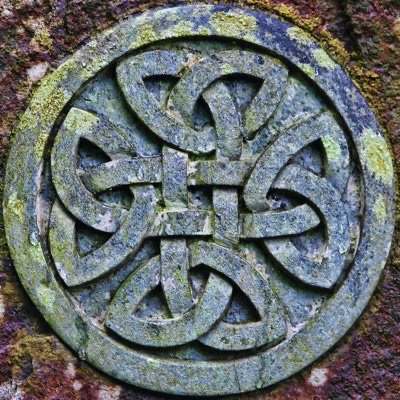I’m interested in helping friends tell the difference between fact and fiction, truth and hearsay and general stuff like that that gives peace of mind that they can defend themselves from gaslighting, makes life easier to live, and harder to be taken advantage of by propaganda. Just a few examples.
Bonus points if it’s free. I see one on coursera that runs for four hours per week for several months which works out at roughly over €100 https://www.coursera.org/specializations/logic-critical-thinking-duke
They do have courses, but there’s also a lot of good quizzes to evaluate your critical thinking skills at ClearerThinking.org
Didn’t know such courses exist, and they sound like a great channel to slip in propaganda :). But we search finds free ones if you scroll past Coursera.
I’m able to find things online. I’m looking for recommendations.
It seems difficult. The kind of person willing to study such a topic probably already has some skills. Most folks are non-criticial because they like to be that way, so you’re really asking for them to change their personalities.
That said, I liked the fanfiction novel Harry Potter and The Methods of Rationality (hpmor.com) despite its serious flaws. But, it is generally the target of intense hate in the regular HP fanfic community. It has its own fandom that is mostly separate.
https://en.wikipedia.org/wiki/List_of_fallacies is a pretty quick read, with links to follow–maybe start there?
I’ve been wanting to work through “Statistics” by Freedman, Pisani, and Purves, which talks a lot about confounders and other mistakes people can make. But, while not super technical, it’s a college level textbook.
Not really a course, but Harry Potter and the Methods of Rationality is a pretty good fanfic made with the intent of teaching critical logic concepts and logical fallacies to the reader. I found it a good read, and even if you might dislike some of the literary choices made (Harry makes fast friends with Malfoy, etc), it does cover most of the stuff in a critical thinking textbook in a somewhat approachable manner. It’s free, and you can read chapter by chapter if you just want to give it a glance.
Very interesting and great to get a recommendation someone has tried themselves. Thank you.
I’ve heard from some of the people I recommend it to that they didn’t like it, so it’s very much a ymmv thing. I remember it because it actually made me question my religion with some of the points discussed, which got the ball rolling towards becoming an atheist.
The University of Alberta has a free course on science literacy. I think it’s available on coursera.


